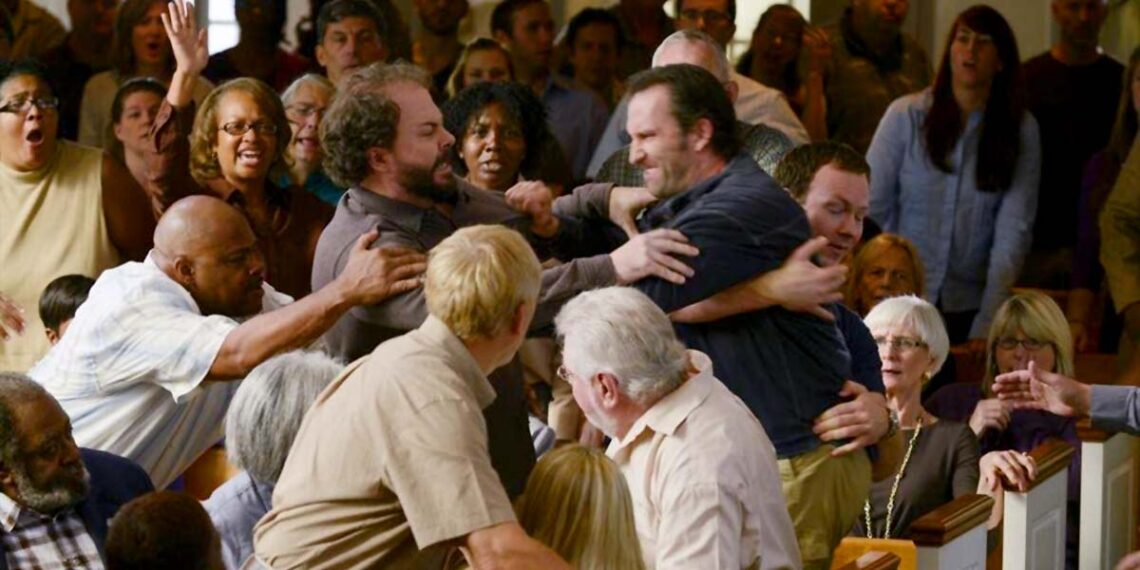With increasing inability of Christians to resolve differences in certain doctrines of belief or practices, perhaps it would be important to better realize (from both sides) what, on the surface, may appear simple but is actually complex. Underlying questions to be considered may reveal the complexity of the Dialogue & Debate at hand.
Questions that become apparent:
- How can we reason together without agreed upon truth (foundation) and agreed upon logic (form)?
- Are doctrinal disagreements in the Church argued more from the perspective of our culture than from the place of our Bible? And, how familiar are we with the Scriptures in the first place?
- Who/What becomes our source of “truth” and wisdom, if we are honest?
- Is the form used to resolve disagreement more from mental pragmatism than from spiritual discernment? And who determines which?
- Which is more authoritative, Denomination or Scripture? And, by what agreed upon rules do we determine the meaning of “authoritative”?
- Are we more loyal to Tradition than Truth? Which holds more weight – what others say or what God says?
- What agreed upon method do we determine what God says in the Bible? And, in which version/translation?
- Can we listen without first judging? Can we speak without first condemning? And after, can we learn from it at all; willing to also own personal error?
- What does “God is in it” really mean? What are the indicators by which we determine that He is or is not?
Sometimes I think that it’s no wonder we don’t easily see eye to eye! It will always take the inner work of the Holy Spirit in both parties, to bring about resolution. Little persuasion and lots of prayer.
—RWO/MAST







Comments by Ric Ochsner